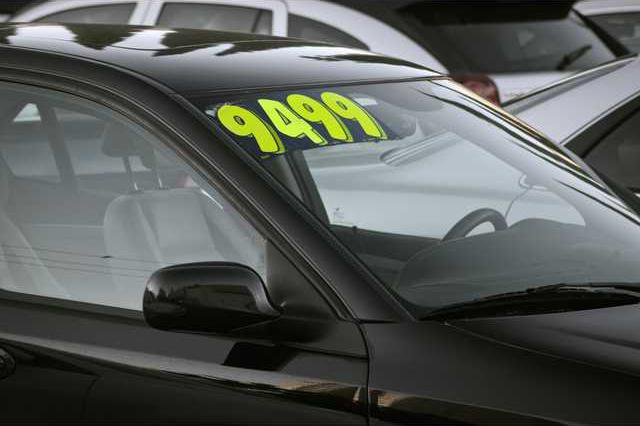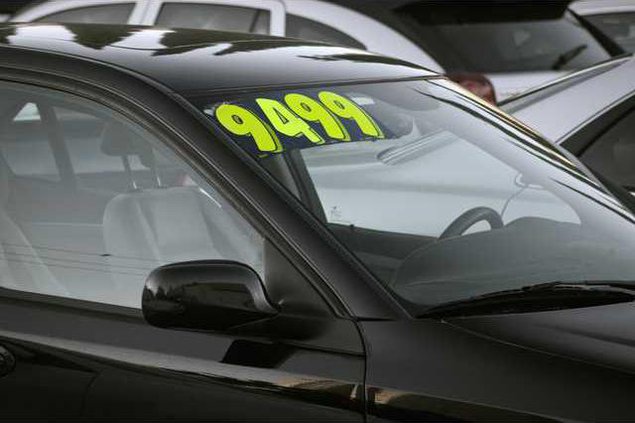The best time to buy a used car might also be the most wonderful time of the year.
A new report from iSeeCars.com, which analyzed more than 48 million car sales from 2013 to 2016 on holidays, found that some of the best holidays for buying cars happen in the fall and winter.
In fact, the best holiday for buying a used car, Veterans Day, just passed. There are apparently 43.2 percent more deals on that holiday.
Black Friday ranked second on the list, with 37.5 percent more deals.
Christmas Eve, which is nearly a month away, ranked third, with 35.6 percent.
Thanksgiving, which is only a week away, ranked fourth on the list, with 33 percent more deals.
Christmas Day placed fifth, with 31.4 percent, despite most businesses remaining closed on Dec. 25.
Dealers are trying to meet their annual goals in November and December, and are more likely to lower their profit margins in order to do so, said Phong Ly, CEO of iSeeCars.com, in a statement. These major holidays are a great reason for them to drop prices and offer promotions especially on Black Friday, where there's increased foot traffic from shoppers looking to buy gifts or shop for bargains.
The worst holidays to buy a car are in the spring and summer months Mothers Day, Memorial Day, Fathers Day, Good Friday, Easter and Independence Day.
A 24/7 Wall St. report from 2016 revealed a similar pattern, labeling Black Friday as the best holiday to buy a used car, followed closely by Veterans Day and Thanksgiving.
Columbus Day and Martin Luther King Jr. Day also made the top 10 on that list.
Meanwhile, Independence Day and Mothers Day both ranked as the worst times for deals, according to 24/7 Wall St.
A new report from iSeeCars.com, which analyzed more than 48 million car sales from 2013 to 2016 on holidays, found that some of the best holidays for buying cars happen in the fall and winter.
In fact, the best holiday for buying a used car, Veterans Day, just passed. There are apparently 43.2 percent more deals on that holiday.
Black Friday ranked second on the list, with 37.5 percent more deals.
Christmas Eve, which is nearly a month away, ranked third, with 35.6 percent.
Thanksgiving, which is only a week away, ranked fourth on the list, with 33 percent more deals.
Christmas Day placed fifth, with 31.4 percent, despite most businesses remaining closed on Dec. 25.
Dealers are trying to meet their annual goals in November and December, and are more likely to lower their profit margins in order to do so, said Phong Ly, CEO of iSeeCars.com, in a statement. These major holidays are a great reason for them to drop prices and offer promotions especially on Black Friday, where there's increased foot traffic from shoppers looking to buy gifts or shop for bargains.
The worst holidays to buy a car are in the spring and summer months Mothers Day, Memorial Day, Fathers Day, Good Friday, Easter and Independence Day.
A 24/7 Wall St. report from 2016 revealed a similar pattern, labeling Black Friday as the best holiday to buy a used car, followed closely by Veterans Day and Thanksgiving.
Columbus Day and Martin Luther King Jr. Day also made the top 10 on that list.
Meanwhile, Independence Day and Mothers Day both ranked as the worst times for deals, according to 24/7 Wall St.








